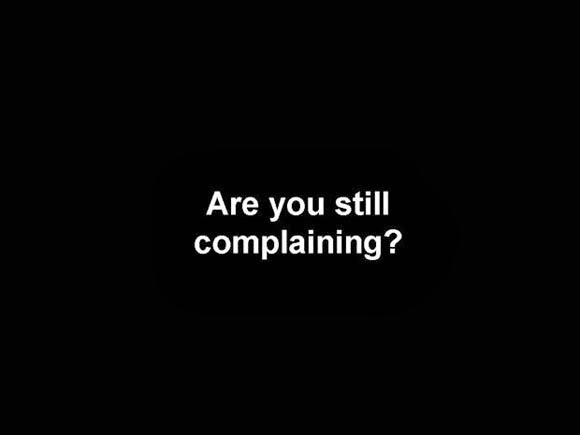What there is of one. Something I keep hearing from various sources as I go to more events like this is that L.A. is not at all a literary city. That there just isn't much here for writers who are not screenwriters, and the city values books and literature much less than it does the biggest motor of this town: films.
 |
| We can't stop here. This is L.A. |
I am not a professional writer yet, and I don't go to more than a few literary events per year, but I feel a kind of mild disagreement with this attitude and assessment. No, L.A. is decidedly not New York, but the entire publishing industry is headquartered in New York. It's a bit like saying there isn't much of a film community in Washington, DC. No, there isn't, but that's not what DC is for.
I'm reminded a little of a woman I met in an online workshop who resided either in Texas or somewhere in the Midwest, I don't remember. She lived in a small and boring community, so she said, and she felt that she couldn't write interesting work unless she up and moved to New York. Things happen there, she said, and nothing happens in small towns.
I really, truly thought she was crazy. Some of the greatest books come out of pastoral settings; some of the most memorable literary situations come out of small-town living rooms. To Kill a Mockingbird, Madame Bovary. All of Jane Austen. In Cold Blood. Alice Munro! You can live a really boring life in New York and write meaningless fiction, or you can live a very colorful life in Nowhere, Nebraska and write remarkable fiction. (Is The Hudsucker Proxy better than Fargo?) Thinking that you need an infusion of New York to make your fiction worth reading seems to me like thinking you need a different mixing bowl to make a better cake. Making good cake is so not about the vessel you mix it in.
Of course, certain stories can't but be told in New York (or Miami, or Bangkok), and that may have been what this writer was trying to say: that she wanted to tell New York stories but didn't have any experience with life in that city. Which would be fine; if she just plain didn't want to write Munro-type stories, then she probably did need to move to New York. But that wasn't really what she said.
Anyway, from my admittedly limited perspective, the L.A. writing community doesn't feel very small or neglected. Some truly great and unique writers have made this city their subject - Didion, Pynchon, Chandler. Writerly defensiveness about not fitting in to L.A., with its focus on film, seems a bit misplaced to me. For instance, I know that finding a workshop group or a space for your work or readings to go to is not hard. There aren't dozens of indie bookstores around, but those that exist have events all the time. A significant handful of MFA programs are spread across the city, and there are terrific foundations and rent-a-carrel places where you can connect with other writers. Saying that this town squeezes out fiction writers and poets seems to me a defeatist way to look at living here, when in fact opportunities are everywhere. And you get the chance to be a Didion instead of being one of a zillion just like you.
Mostly, I feel that if you want to be a New York writer, with all the benefits available from living in the city where most American books are born, maybe don't live in L.A. If you want to live in L.A., this is the lit community you have available to you. Why complain about it? It's your family, and your family kind of is what it is.






